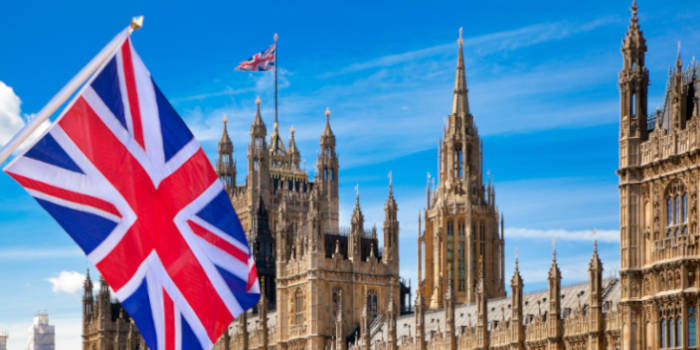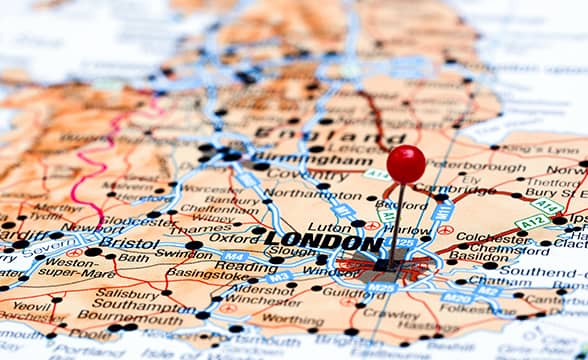NHS Cautions Gambling Firms to Not Release “Reckless” Ads

Claire Murdoch, the director of mental health for the NHS England’s 14 gambling addiction clinics, cautioned gambling firms last week not to subscribe to overly aggressive advertising practices.
Do Not Promote Recklessly, Says NHS Gambling Clinics Director
The National Health Service (NHS) of England cautioned sportsbooks last week not to adopt a “reckless” format in the advertising bonanza marking the return of socker.
Speaking to address the potential dangers of catering to pent-up demand, director of mental health within NHS England, Claire Murdoch urged gambling firms to avoid what she described as reckless advertising campaigns that could lead to higher incidence of problem gambling, reminding industry leaders that the service’s current resources were all limited due to the Covid-19 outbreak.
Murdoch is in charge of NHS’s 14 clinics across the country designed to treat children as young as 13 years old to recover from gambling addiction and other mental health issues brought on by excessive gambling. She stressed that the current situation had limited the ability of the clinics to work with patients, tying up resources elsewhere. Murdoch further insisted that advertising campaigns were “avoidable harm,” and urged gambling firms not to cause harm.
Cited by The Guardian, a UK daily, Murdoch had this to say: “The return of football will be a moment of excitement for millions but it must not be an excuse for gambling firms to open the floodgates of addiction.”
Murdoch connected the increase in the number of problem gamblers with the level of intensity with which gambling firms were advertising certain products. As a result, Murdoch noted, more people were in need of specialist help and falling victim to gambling addiction.
She recognized that the NHS was taking up responsibility, offering people assistance in dealing with issues of addiction and coping with gambling harm and its consequences, but with the NHS staff stretched thin because of the pandemic, the last thing the service needed, Murdoch argued, was for reckless advertising to take a toll on people and alter the gambling behavior of vulnerable consumers, pushing them into addiction.
Murdoch put a specific emphasis on advertising within the first 48 hours of launch, cautioning that pushing the matter too harshly would lead to potential gambling harm.
The Betting and Gaming Council Reminds Gambling Firms to Comply
Another executive and industry insider to warn companies not to play too aggressively with their gambling advertisement was Michael Dugher, the current chief executive of the Betting and Gaming Council, who joined Murdoch in reminding companies of the voluntary watershed ban.
Dugher had this to add: “Rather than trying to once again grab alarmist headlines with her deliberately incendiary media interventions, Claire should take up our offer, made to her back in January, to speak with the industry about her concern.”
Murdoch has still reasons for concern that the whistle-to-whistle ban may not have been fully matched on mobile apps where punters may still receive ads and prompts to make a bet. In January, she wrote a letter to some of the leading gambling firms in the country, including William Hill and bet365, urging them to consider the links between gambling and mental health issues.
Gambling in the United Kingdom as a whole has come under a lot of pressure with MPs insisting on the complete ban of advertisement and the BGC and industry leaders opposing the measures. In the meantime, the UKGC has initiated a review of High Value Customers (HVC) and how VIP schemes operate in the country.
Mike made his mark on the industry at a young age as a consultant to companies that would grow to become regulators. Now he dedicates his weekdays to his new project a the lead editor of GamblingNews.com, aiming to educate the masses on the latest developments in the gambling circuit.




